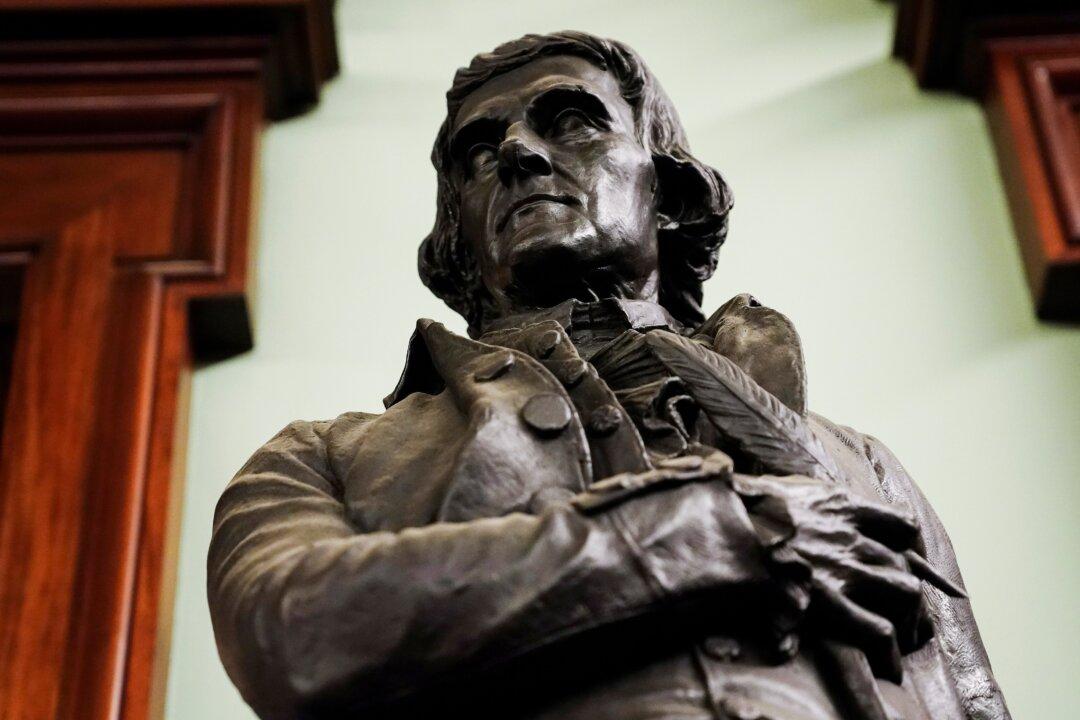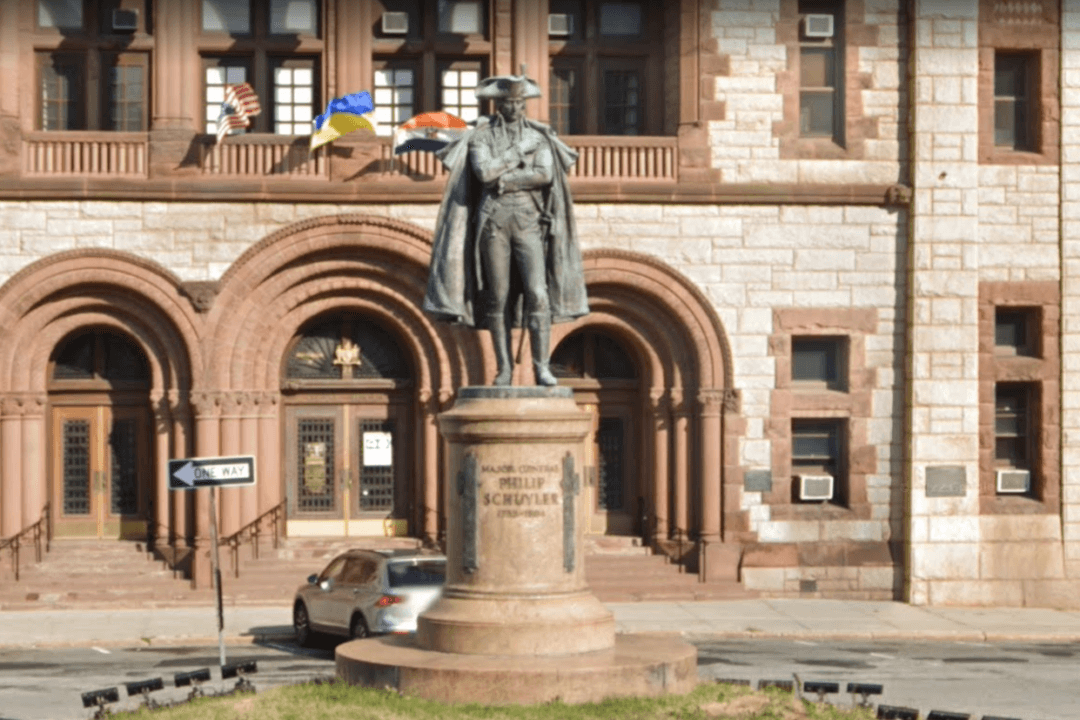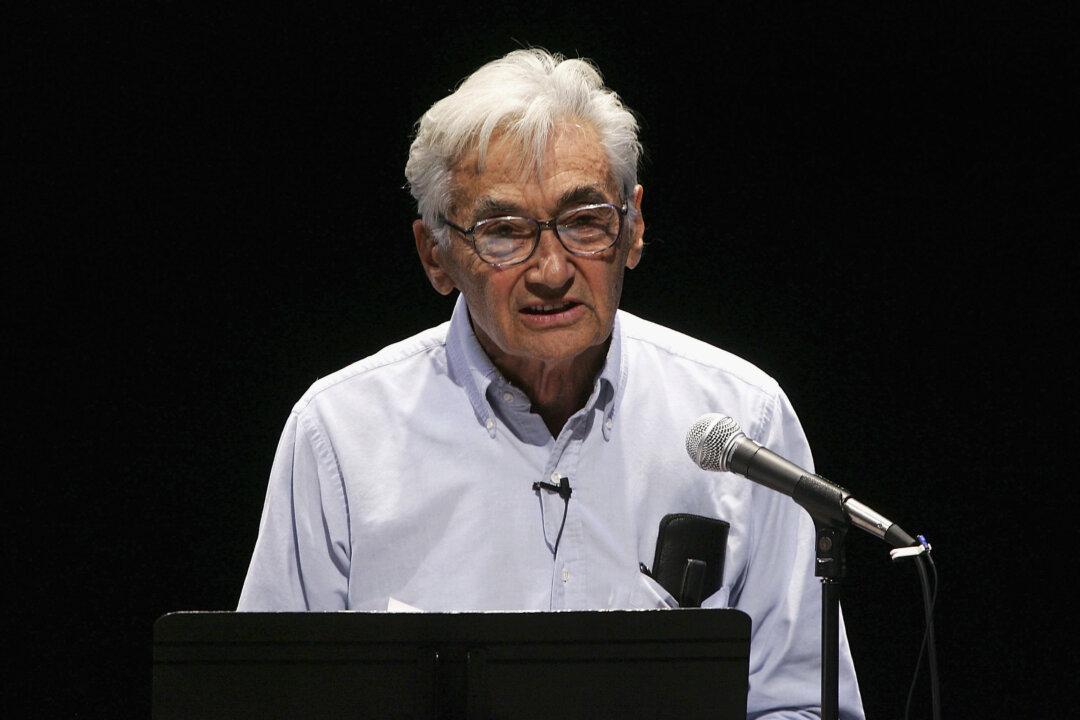Commentary
On Thomas Jefferson’s birthday, we should take our cue from the Tulsa Star, a now-defunct black newspaper. Its masthead from 1920 included statements of religious and political faith, including a paraphrase from the Declaration of Independence: “‘All men are born equal and endowed with certain inalienable rights which are life, liberty and the pursuit of happiness.’” It went on to state: “We believe in the principles of true Democracy as promulgated by the patriot, Thomas Jefferson, and without fear or favor we will be found at all times fighting for an honest, impartial application of these principles to all men regardless of race or color.”





